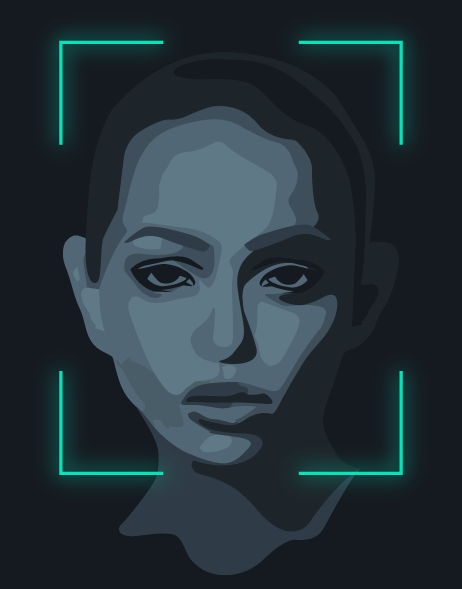
Download the report
Click here and download the report prepared by Al Sur, with all the detailed information regarding the operation and deployment of facial recognition technologies in Latin America.
Facial recognition
Facial recognition is a biometric identification technology that, through the analysis of certain features of the human face, seeks to establish a person's identity. The deployment of this technology without the necessary safeguards and appropriate regulations can result in serious violations of fundamental rights, especially for people belonging to historically marginalized groups.

Dangers of facial recognition
Facial recognition erodes the autonomy of individuals in favour of a system that seeks absolute control through the technical management of identities, reproducing historical inequalities and exclusions.
About the project
The research conducted by the Al sur Consortium brings an overview of the deployment of facial recognition technologies in Latin America, their uses and providers, characterized so far by excessive opacity and little public discussion.

